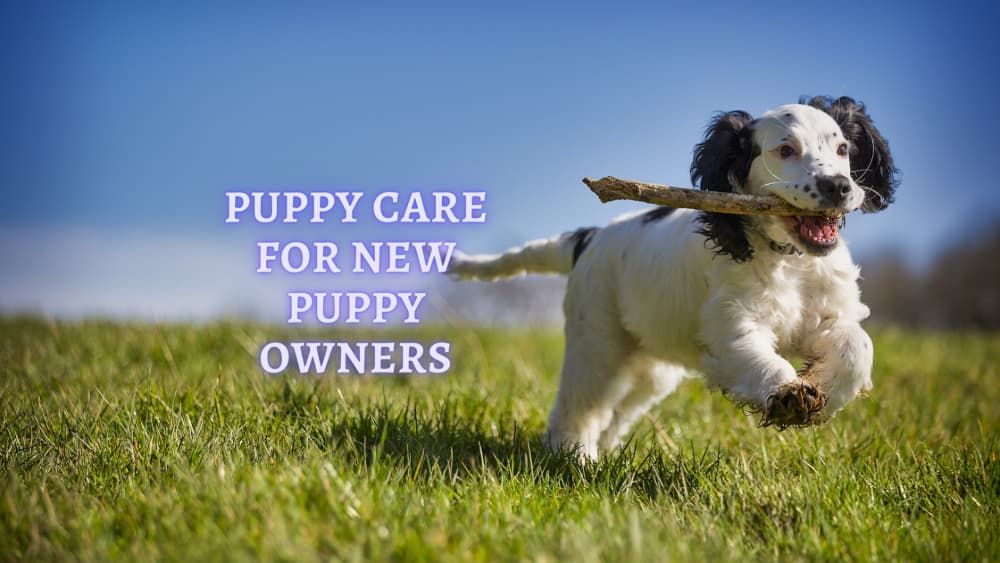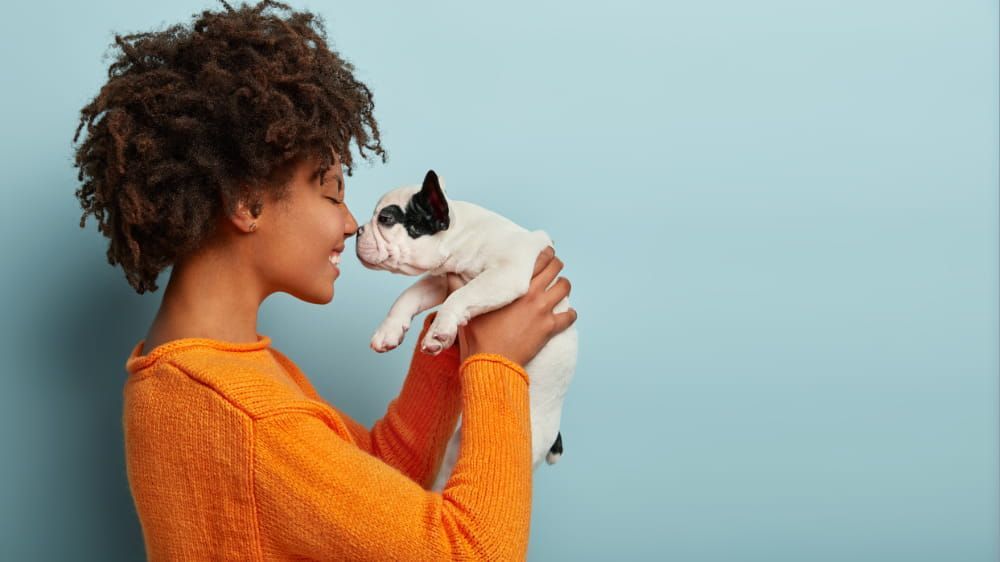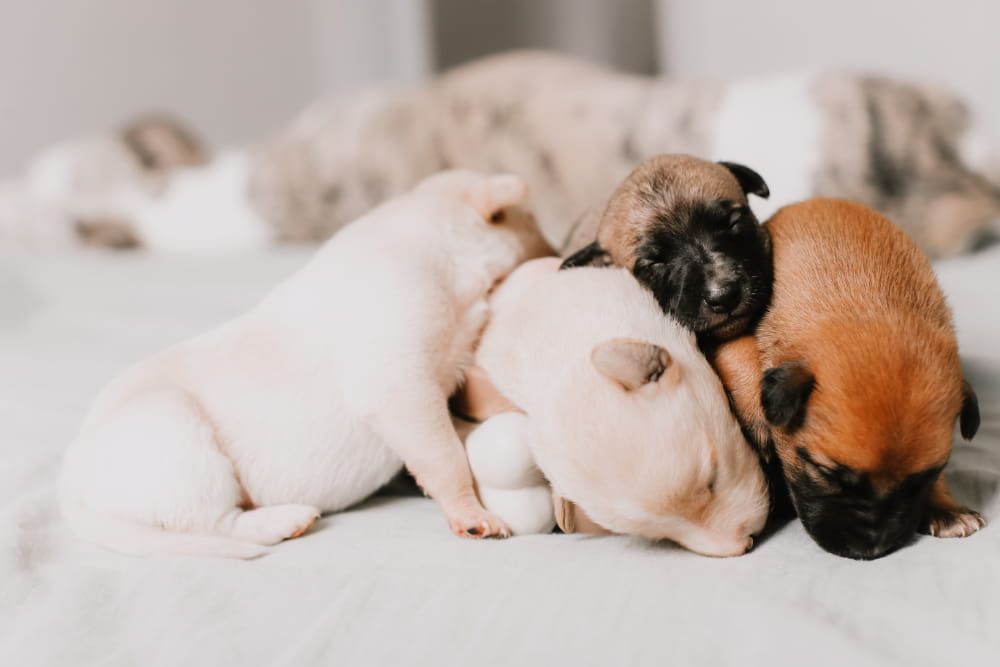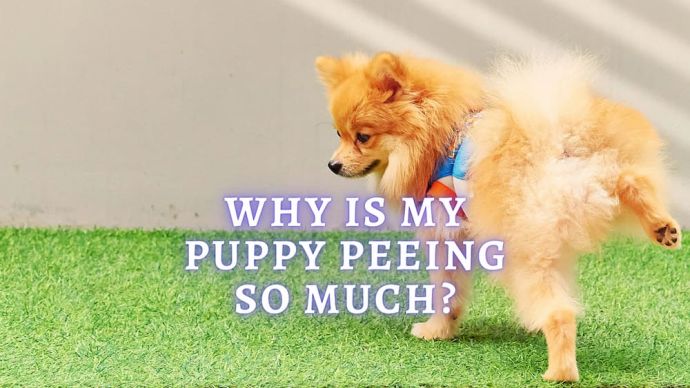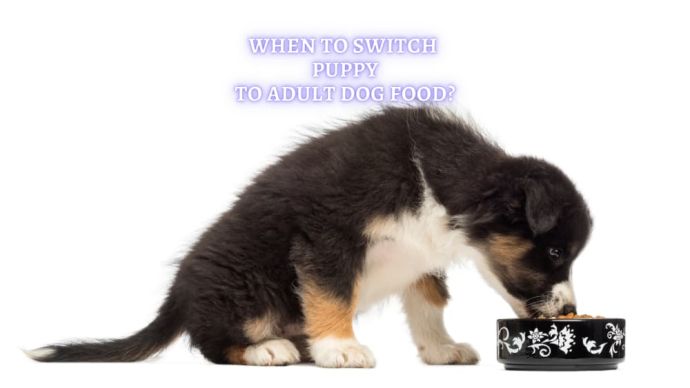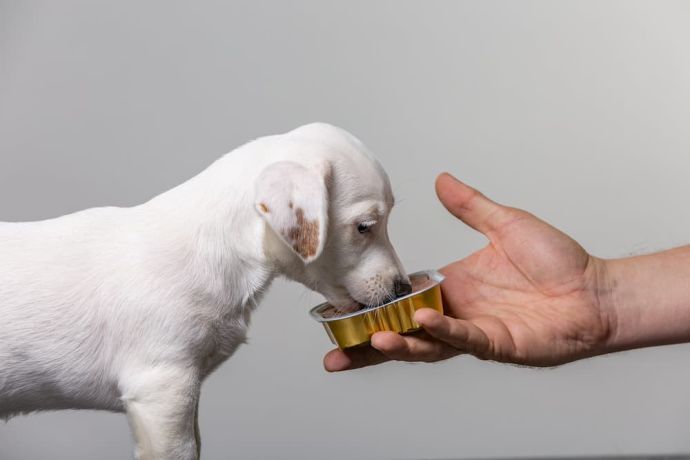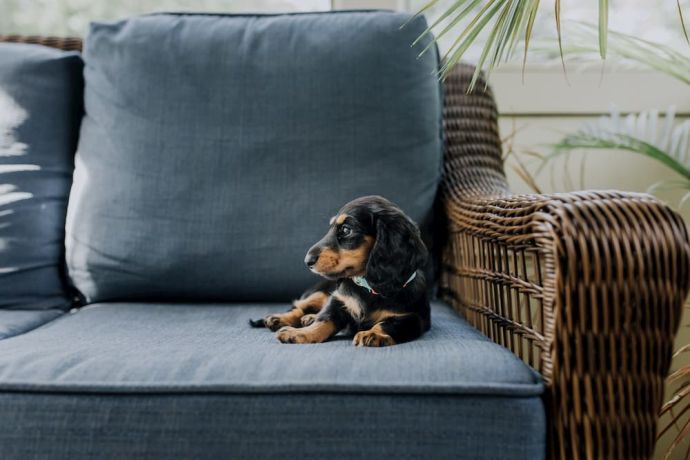Puppy 101: How to Take Care of a Puppy?
Written by:
Author: Alina Andreeva
Alina A. is a professional writer, editor, and pet-lover. She has published over 50 articles on how to care for pets properly. Alina has been writing articles for 3 years, so she has considerable experience in this niche. Her natural curiosity helps her to expand her knowledge and learn new pet care life hacks, which will make your life much easier.
View all 79 articlesLearn about our editorial process and veterinary review board.
Reviewed by:
Veterinary review
by Dr. Joanna De Klerk
Dr. Joanna de Klerk is a professional Clinical Veterinarian. Member of the Royal College of Veterinary Surgeons UK and a member of the South African Veterinary Association. Graduated with a Master of Science in Tropical Animal Medicine in 2018. Professional author, she has been writing in scientific journals, and also several book series. Joanna loves to enjoy time with her young daughter and family in her free time.
View all 10 articlesLearn about our veterinary review board
Viewed: 167
Updated on: 01/04/2023
Puppies are incredibly adorable, but let’s face up to natural things – raising a puppy is challenging. If you’ve never had a fluff ball before, it may seem a daunting task for you. But once you look into those big eyes, your heart will melt. And no doubt, you will want to give it one hundred and ten percent to make your puppy’s life as comfortable and safe as possible.
Tips for New Puppy Care
Here are some valuable tips to help your new four-legged friend become a happy and healthy dog:
1. Puppy-Proofing Your Home
Dog parents can’t keep a close eye on their energetic puppy all the time, so you need to prepare your home before getting a dog. Secure electrical cords, and ensure breakable items, toxic plants, and toxic substances such as cleaning products are out of reach. You can crawl around the house to see everything through the eyes of your new family friend. Remove all things your fur baby might chew or swallow, and close any openings that could allow him to get lost. This will help keep him safe and reduce your anxiety about losing your new puppy.
Remember that child-safe latches usually do not work on energetic and curious pups. Lower cabinets and drawers are best secured with locks or metal hardware. They must be resistant to chewing.
You can install sturdy pet gates to keep your cute bundle of fur away from certain rooms in your house. Also, keep your pet out of the kitchen (especially the trash can) and stairs. Getting your home ready for a puppy properly keeps your pet safe and sets your mind at ease.
READ MORE: Am I Ready to Be a Dog Parent?
2. Puppy Nutrition
It is essential to feed your fur baby properly. The nutritional and energy value of your dog’s diet from a very young age determines his health for life. Organizing healthy, balanced feeding is essential to maximize your four-legged friend’s genetic potential. Nutrition should consider the growing body’s needs, be nutritionally complete, and be tasty. Your puppy needs a balanced diet with a certain amount of proteins, fats, minerals, and vitamins. Also, he must have constant access to a bowl of fresh water.
Before choosing food:
- Do your research. You can talk to your veterinarian or other specialists.
- Remember that if the kibble or canned food you have bought for your pup does not meet your expectations, you can switch to another food.
- Make sure this food is suitable for puppies, not for grown-up dogs.
READ MORE: How Much to Feed a Puppy
3. Your Pup’s Health
The first thing you should do after bringing home a new fluffy friend is to schedule a visit with your vet. If you don’t have an established veterinarian, make inquiries. Your friends and acquaintances will likely be able to give you many recommendations.
On the first visit, your veterinarian will check your fur baby for any health issues. They will also set up a vaccination schedule and tell you when you should bring your dog to be spayed or neutered, which can help avoid some health and behavior problems as your puppy gets older. You might also want to consider having a microchip inserted into your puppy so that you can more easily find your dog if he gets lost.
Your veterinarian can also answer your questions about caring for your pet, such as what food to feed and how much to feed. Your veterinarian can also teach you how to brush your dog’s teeth and trim his nails, and even show you how to do it correctly.
You can try to schedule a vet visit every six months. The veterinarian will use this visit to check a growth and progress to ensure everything is good in terms of health. They may even give you advice on how to prepare for adolescent period, which can be a difficult time for pet owners as puppies reach puberty. This is also a good opportunity to talk about what to expect when your puppy becomes an adult.
4. Potty Training and Socialization
Sometimes potty training can be quite difficult, although some puppies learn faster than others.
You should start this process as soon as you get a pup. Dogs usually cannot control their bladder and bowels until about twelve weeks of age. If your cuddle companion is younger than this, arm yourself with patience.
As your puppy gets older and develops control over his bodily functions, he will already know what to do. You should take your dog to the designated potty area immediately after eating or waking up. If your dog doesn’t have free access to the outside, it is a good idea to also initially take him out to potty every one to two hours in the day, and once or twice at night. Accidents do happen, though, so be patient.
READ MORE: Socializing Puppy with other Dogs
Dogs adapt very quickly to the world around them. It is very important to accustom a puppy to the world of people, but don’t forget that he is a dog, and he will inevitably have to communicate with other dogs. Therefore, do not prevent him from being able to interact with others. At the same time, do not be afraid that an adult dog can harm your fur baby – they usually behave peacefully towards puppies. Many young dogs like to show their advantage over weaker dogs. From a young age, strictly forbid your puppy to behave this way. If this behavior is not corrected at a young age, problems can accumulate, exacerbating each other.[1] The dog will fight all the animals around. You should let your pet play with all the dogs in the area from childhood without encouraging aggressive behavior. Playing with others allows your puppy to acquire proper communication skills with animals.[3]
READ MORE: Puppy Training
4. Puppy Exercise
For a puppy to grow up healthy and strong, he must receive daily physical activity. The number of exercises depends not only on the size of your pet but also on its breed. But do not overload your puppy: their bones are still very developing, and sometimes he simply cannot bear the excessive loads. Regular walking is beneficial for the development and helps him to grow physically and emotionally.[2]
Do not neglect walking, even if you have a tiny breed dog. However, a growing puppy mustn’t walk for longer than his age in weeks. For example, if your puppy is 15 months old, he can go out for a 15-minute walk per day.
READ MORE: Indoor Activities For Dogs
The Bottom Line
Caring for a puppy is not easy, but it is an adventure full of rewards as you form long-lasting and loving bonds between the two of you. Armed with just a little knowledge, you will turn your disobedient puppy into a fun-loving boy who will make every effort put into his development worthwhile.
Article Sources:
- Seksel, Kersti. “Puppy Socialization Classes.” ScienceDirect, sciencedirect.com/science/article/abs/pii/S0195561697500490.
- Burke, Anna. “How Much Exercise Is Too Much for a Puppy?” American Kennel Club, 19 Mar. 2018, akc.org/expert-advice/health/puppies-how-much-exercise/.
- Hargrave, Claire. “Are Puppy Socialisation Classes Enough?” MAG Online Library, magonlinelibrary.com/doi/abs/10.12968/coan.2017.22.5.276.
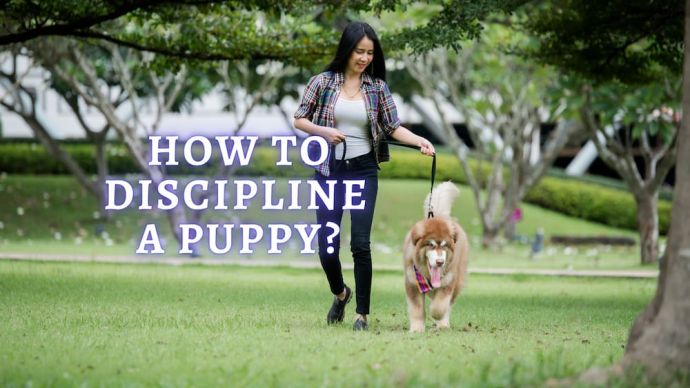 Puppy Care How to Discipline a Puppy? Strategies to Teach Your Puppy Proper Behavior
Puppy Care How to Discipline a Puppy? Strategies to Teach Your Puppy Proper Behavior - 172
- 0
 Puppy Care How Much Water Should A Puppy Drink? Vet Advice On Puppies Daily Water Intake
Puppy Care How Much Water Should A Puppy Drink? Vet Advice On Puppies Daily Water Intake - 421
- 0
 Dog Veterinary Tips Why is my Dog throwing up: Causes and Preventing (Veterinary Advice)
Dog Veterinary Tips Why is my Dog throwing up: Causes and Preventing (Veterinary Advice) - 23424
- 5
 Dog Care Why Is My Dog Bleeding From Its Butt? Causes and treatment of rectal bleeding in the dog
Dog Care Why Is My Dog Bleeding From Its Butt? Causes and treatment of rectal bleeding in the dog - 22076
- 0
 Dog Care My Dog Keeps Scratching His Mouth: Reasons Why Your Dog Scratching Face
Dog Care My Dog Keeps Scratching His Mouth: Reasons Why Your Dog Scratching Face - 17561
- 1









